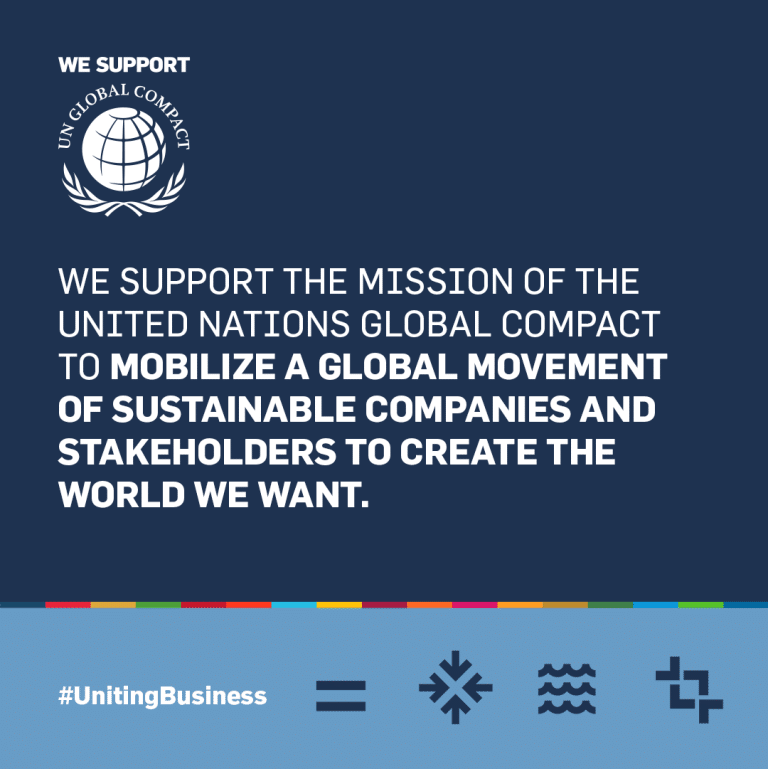In this article from 1750 Magazine, Allison Cash, Vice President of Marketing for Finlays Americas shares her thoughts on the value of true emotional connection in business.
—
How often do you think about your customers? Really think about them? As people. Jane, Edmond, Tatiana, Colby. Wait, before answering, how often did you think about them as people before the events of 2020?
As a marketing professional, I am intrinsically interested in the stories of every person. It is my nature to want to know more. More about you, more about your life, more about your work and ultimately more about what you’re seeking. I genuinely enjoy learning about people.
And one of the most important things I have learned in my career is to never forget we are all human, and what that really means. During a typical year at Finlays, we often find ourselves in the B2B space talking about customer centricity, customer satisfaction, and ultimately customer experience. This becomes even more frequent during planning season. Throughout the planning process, we talk about measurements, surveys, sales, numbers — you get the picture.
And just as often as these discussions arise, I find myself reminded of one seemingly fundamental truth of humanity: we operate from emotion. The philosopher David Hume recognised this centuries ago when he said, “Reason is and ought only to be the slave of the passions.” No matter how rational we generally are or wish to be, or how much data we use to justify our decisions, those decisions almost always (and maybe always) find their impetus in our emotional core.
No matter how rational we generally are or wish to be, or how much data we use to justify our decisions, those decisions almost always (and maybe always) find their impetus in our emotional core.
Why is this important? Because the last 18 months have taught us the value of true emotional connection through our shared human experience. During the tumult, the lines between customer experience and life experience blurred a bit. Our relationships with customers evolved from the question of “What can we do for you?” to include a heartfelt, “How are you?”.
We grew closer. We talked more frequently, we inquired about daily events, new product launches, shifting timelines, cancelled plans. We were taken aback when an unexpected out-of-office message popped up or were pleasantly surprised when an adorable toddler peered her head into a video call. We felt the waves of emotions as some businesses boomed and others were forced to redirect. In terms of customer experience, this is felt as a shift in value. More than ever, the value is about much more than just the outcome; it also involves the path we traverse together to get there. Though we aspire to earn “five-star reviews” on every customer interaction, we also want customers to know and feel that we are there for them.

That may sound simple or trite, but that’s far from the case. Someone can understand objectively that they’re loved by their parents. They know it. But that’s very different than the feeling one has when hearing the warmth in their voices and sharing a laugh. That’s why we work daily to support our customers, collaborate with them, and even inject a little enthusiasm along the way when the days are dull and the hope tank needs refilling. More than just knowing we’re here for them, we want them to feel it as well.
This awareness to attention and emotional experience isn’t flashy or ground-breaking. However, in our view, it’s the most important attribute of a good customer experience. Customer centricity is a core tenet, it’s a practice that merits daily tending. That’s why we will continue to focus our attention on our customers and deliver a high-level customer experience day in and day out, all while caring deeply about all the individuals who make up these great companies.
Click here to read more stories, trends and insights from 1750





